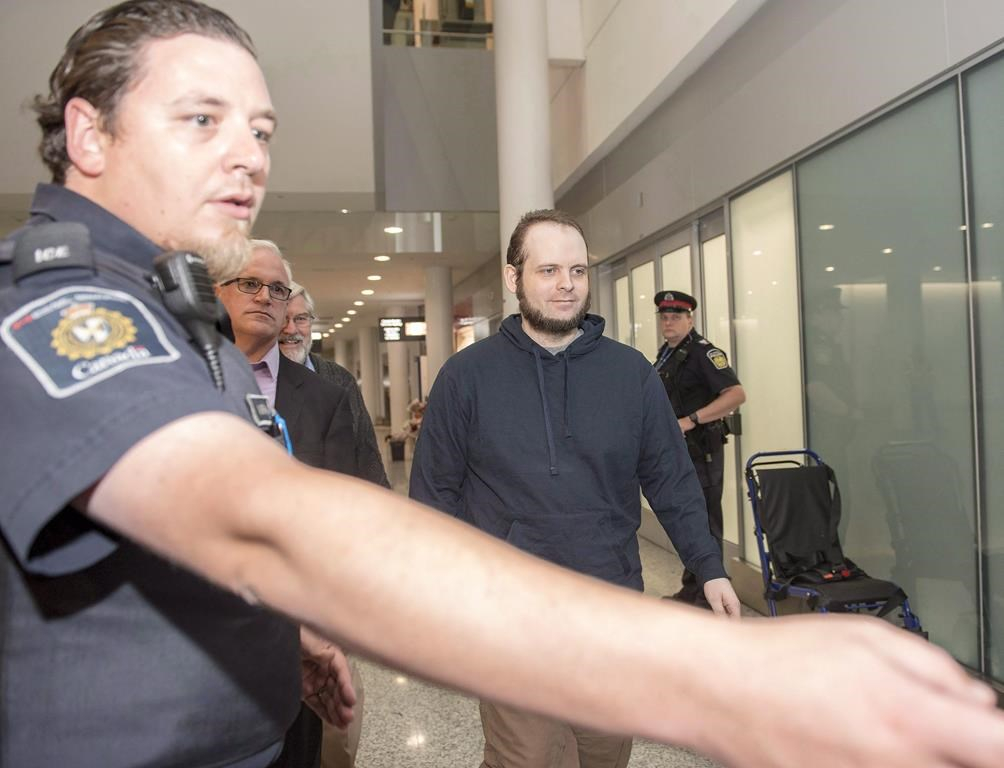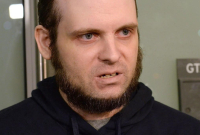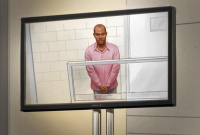Support strong Canadian climate journalism for 2025
Lawyers for Joshua Boyle will vigorously challenge the credibility of one of his alleged victims — his wife Caitlan Coleman, a Crown attorney predicted Monday at the outset of the long-awaited criminal trial for the man whose family was taken hostage in Afghanistan seven years ago.
Coleman has had to endure some unusual and difficult experiences in her life, said Crown lawyer Meaghan Cunningham as she urged Justice Peter Doody to exercise caution in interpreting her behaviour, choices and reactions.
In particular, Cunningham suggested, it would be a mistake to conclude Coleman willingly submitted to her husband's physical and sexual abuse.
Boyle and Coleman were taken hostage in 2012 by a Taliban-linked group while on a backpacking trip in Afghanistan.
Pakistani forces freed the couple in October 2017 along with their three children, who were born during their captivity.
Two months later, Boyle was arrested by Ottawa police and charged with offences including assault, sexual assault, unlawful confinement and causing someone to take a noxious substance.
With Coleman's consent, a publication ban was partially lifted Monday to reveal that she is the alleged victim in 17 of the 19 counts Boyle is facing. A ban remains in place on identifying the second alleged victim.
Boyle has pleaded not guilty to all charges, which relate to incidents that allegedly occurred after he returned to Canada. Coleman plans to testify during the trial, which is being heard by Doody with no jury present.
The Crown's first witness, social worker Deborah Sinclair, spoke in general terms of how an abuser's controlling behaviour can damage a woman spiritually and emotionally, affecting how she acts.
"I think that's very hard for the public to understand, why she does what she does," said Sinclair, who has decades of experience with issues of trauma and intimate partner violence.
Lawrence Greenspon, Boyle's lawyer, took the court through various aspects of Sinclair's work. He noted she did not profess to be an expert on whether certain effects resulted from domestic abuse or long-term captivity.
Boyle was released from jail last June with strict bail conditions. He was ordered to live with his parents in Smiths Falls, Ont., and wear a GPS ankle bracelet that can track his movements.
Boyle, who sat in the court's public gallery Monday, attended high school in Kitchener, Ont., and earned a degree from the University of Waterloo in 2005.
He married the Pennsylvania-raised Coleman in 2011 during a lengthy trip the pair took to South America.
The following year, they set off for Russia and travelled through Central Asia for several months, winding up in Afghanistan.
The family's dramatic rescue in 2017 made global headlines, and even led to the family meeting Prime Minister Justin Trudeau on Parliament Hill about a week before Boyle's arrest.
As the trial unfolds, the court is expected to hear a 911 call to police in late December 2017, as well as testimony from a neighbour, Coleman's mother, her sisters and a Global Affairs Canada employee.




Comments